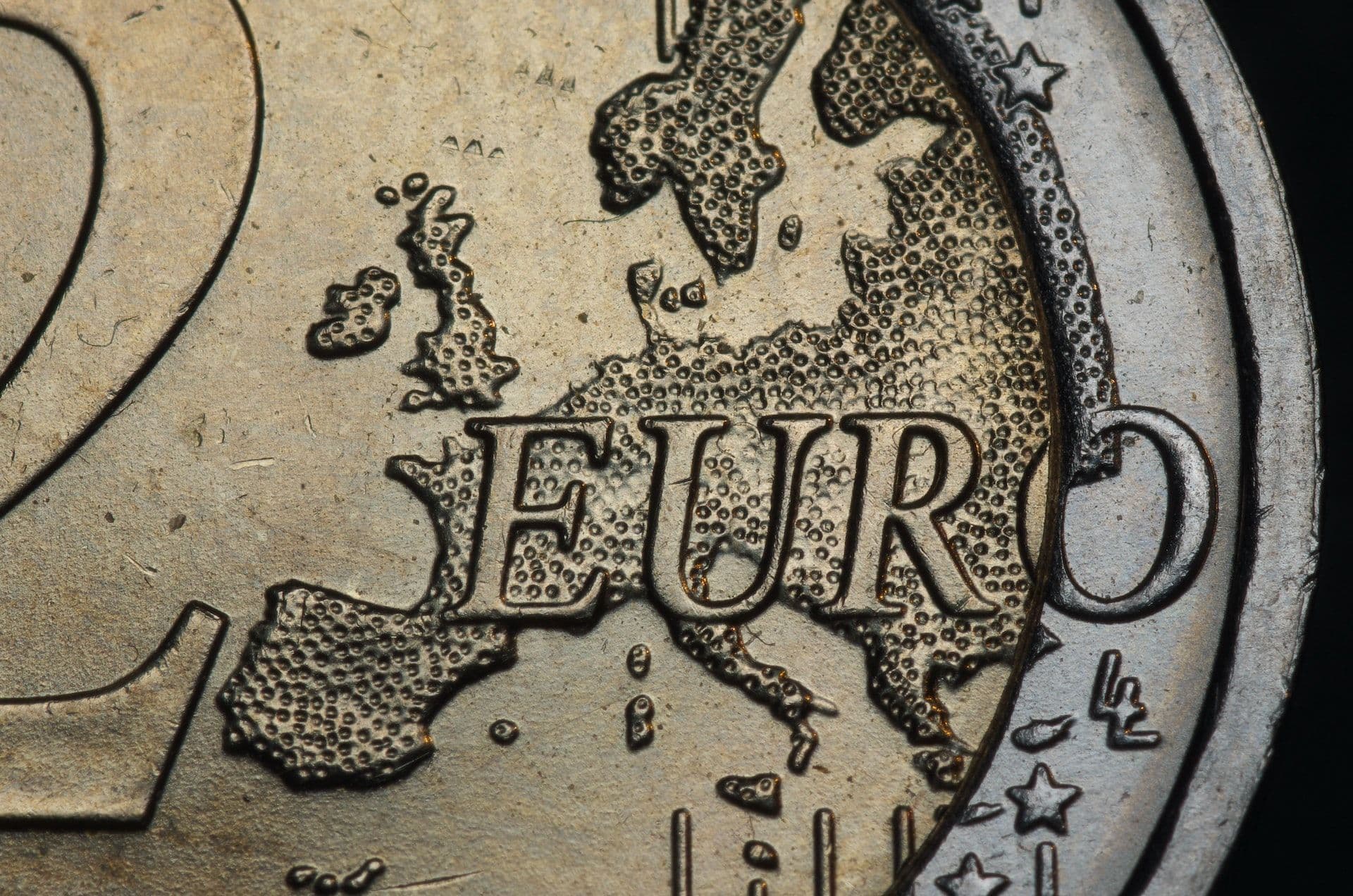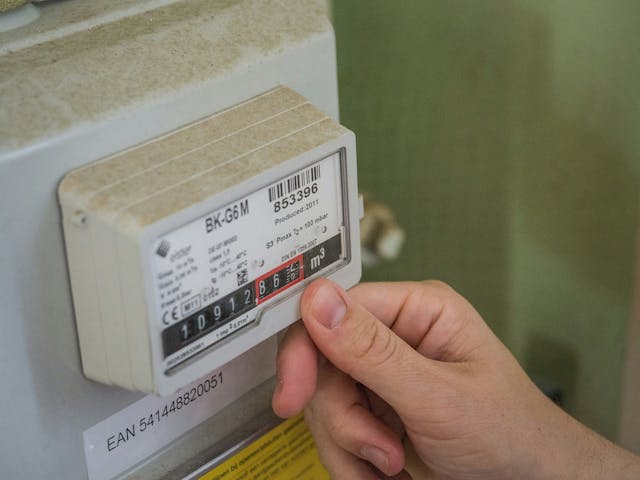Transition to the euro offers protection against inflation, energy crisis and geopolitical instability

At least, the leadership of Croatia believes so. The country is determined to join the eurozone. The state assumes that an economic storm is imminent. And with a unified currency, it would be easier to weather the coming inflation and possible recession.
This position is consistent with the facts. The inflation rate in Croatia in September was 13% compared to last September. This is more than in the eurozone.
In addition, Croatia’s main economic ties are those with the eurozone countries. The country receives a large portion of its income — 20% of its GPD — from tourism. Vacationers come to Croatia mainly from Europe. Even the local residents use euros to evaluate their property more often than they use national currency — kunas.
Croatia will switch to the euro starting from the new year. Already, price tags in stores have two prices: the price in kunas and in euros.
Other countries that are members of the European Union but not the eurozone are Poland and Hungary. They have not yet made statements about the transition to the euro. But they probably think about it.
Recall that inflation in Europe this October increased by 10.7% compared to last October. For the European Union, this is a record annual inflation hike. Moreover, the GDP of the Eurozone in October rose by 0.2%. In the second quarter, it grew by 0.8%. It’s not a recession yet, but the economic downturn is apparent in the current quarter.





